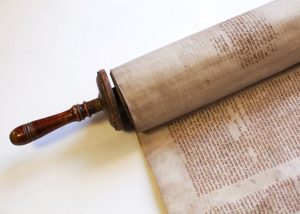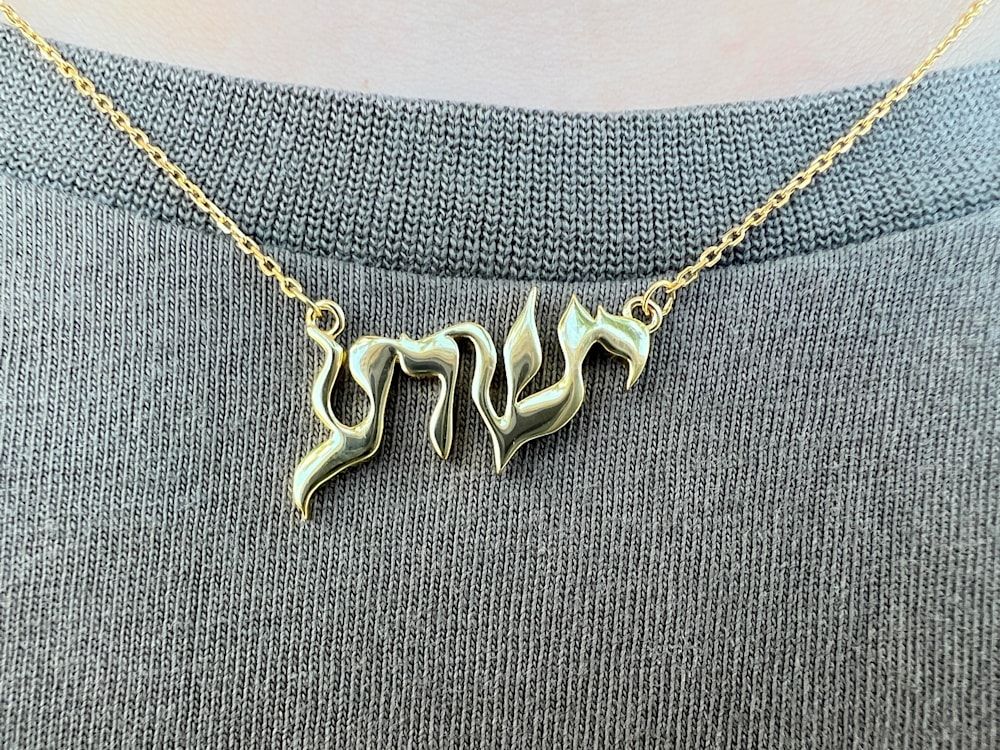
In our previous post – Why Is the Hear O Israel Prayer Important to the Jewish People, we learned that the prayer (otherwise called the Shema) is important to the Jewish people for three major reasons. First, it reminds them of their monotheistic belief that there is only one God, and He alone is their Source (Deuteronomy 6:4).
The second reason that we discussed was that the prayer reminds them of their responsibility to God, which is to love Him with all their hearts, all their souls, and all their strengths (Deuteronomy 6:5).
Finally, we said that the Jewish people recite the Hear O Israel prayer while facing the east to preserve their Heritage of faith (I Kings 8:29).
Studying the New Testament, particularly the Gospel accounts of Yeshua’s earthly ministry, it is clear that the prayer has relevance in Christianity too. For example, in Mark 12:29-30, Yeshua quoted Deuteronomy 6:4-5 as the first of the two great commandments. Apart from Mark, Matthew also recounts the same event in the 22nd chapter of his book.
Using these two passages as our pilot references – Mark 12 and Matthew 22, let’s find out what Yeshua taught about the Shema and its applicability to us as His followers.
What Did Yeshua Teach About the Hear O Israel Prayer?
Jesus answered him, “The first of all the commandments is: ‘Hear, O Israel, the LORD our God, the LORD is one. And you shall love the LORD your God with all your heart, with all your soul, with all your mind, and with all your strength.’ This is the first commandment.” (Mark 12:29-30)
 Before we break down this text, I would like to briefly remind you of the importance of reading the Bible contextually. Contextual reading is as vital to Bible study as the transfusion of rich and healthy blood is to a sick man. Anytime we read a Bible verse out of context, we are likely to misinterpret its meaning.
Before we break down this text, I would like to briefly remind you of the importance of reading the Bible contextually. Contextual reading is as vital to Bible study as the transfusion of rich and healthy blood is to a sick man. Anytime we read a Bible verse out of context, we are likely to misinterpret its meaning.
To study a text in context, we need to read both the preceding and the proceeding verses. Then we will fully understand the author’s original intention and the message he has for us.
That said, let’s get back to Mark 12:9-30. If you would like to learn more about contextual Bible reading, you can hop on the articles – Songs of Deliverance and Faith Comes By Hearing.
The context of Mark 12:9-30 was Yeshua answering a scribe’s question about which would be the greatest of the 613 commandments in the Torah. Even though the majority of Jewish leadership in Yeshua’s days was against Him, this scribe seems pleased with Yeshua’s explanation of the Scripture earlier in verse 18.
Featured Image Here (alt tags = “Christian ministries in Israel”)
He asked Him, “Which is the first commandment of all?” (verse 28). Now, let’s see how Yeshua used the wordings of the Shema to answer the scribe’s question.
Hear O Israel, the LORD Our God, the LORD is One (Verse 29)
Many interpretations have been presented on the meaning of this phrase. But in the context of Yeshua’s explanation, He was obviously calling the attention of His audience to the truth He was about to affirm.
In Matthew 11:15, we find a similar statement to this – He who has ears to hear, let him hear! Even though the context is different here, the expression has an identical meaning to the “Hear, O Israel” in Mark 12:28.
Albert Barnes’ commentary on the text (Matthew 11:15) reads:
“This expression is frequently used by Christ. It is a proverbial expression, implying that the highest attention should be given to what was spoken.”
So, like the audience in Deuteronomy 6, Yeshua wanted His listeners to give the highest possible attention to God’s commandments. I believe this is instructive for us, both as individuals and as Christian evangelism ministries in Israel today. We need to pay close attention to God’s instruction to preach the Gospel to the lost sheep of the house of Israel (Mark 16:15; Matthew 28:18; Acts 1:8).
Another thing I’d like to point out in Mark 12:28 is the part that says, “the LORD our God, the LORD is one.” Here, Yeshua upheld the monotheistic belief that the God of Israel is the only true God. While other nations have different gods they worship, the God of Abraham, Isaac, and Jacob is the only true God.
The Greatest Commandments (Verses 30 – 31)
The second phrase of the Shema instructs us to love God with all our hearts, all our souls, and all our strengths. For Yeshua, that is the greatest of all the 613 commandments in the Torah.
To love God with all our hearts and souls implies fixing our affections supremely on Him – more strongly than on anything else. Also, to love God with all our strengths implies serving Him with everything we have.
As proof that we truly love God, we must also love our neighbors. According to Yeshua’s teaching in Luke 10:25-37, our neighbor doesn’t necessarily mean someone who stays close to us. It means virtually everyone who comes our way.
Even when they hate us, we are to love them, bless them, and pray for them (Matthew 5:44). Through our conduct, God wants us to show how gracious He is. When people commend us for our good conduct, we can seize the opportunity to preach that love to them. One attention-grabbing way to get that started is by wearing a Yeshua t shirt.
Wrap Up
The Hear O Israel prayer is not only relevant in Judaism. As we’ve seen in Yeshua’s teachings above, it does have deep applicability to the central truth that we uphold in the Christian faith.

Yeshua Necklace in Hebrew - Gold or Silver
It is a critical time for us to proclaim the name of Yeshua to Israel and to the world. If you’re watching the news, antisemitism is on the rise! My people are under attack. And as you probably realize now, Israel is also divided, and a house divided against itself cannot stand (Mark 3:25). The only One who can save Israel is Yeshua. I have created a new piece of jewelry, silver and gold necklaces, to call supporters of Israel to declare the name YESHUA over Israel. They are available in both Hebrew and English (Yeshua).
Order Yours Now



